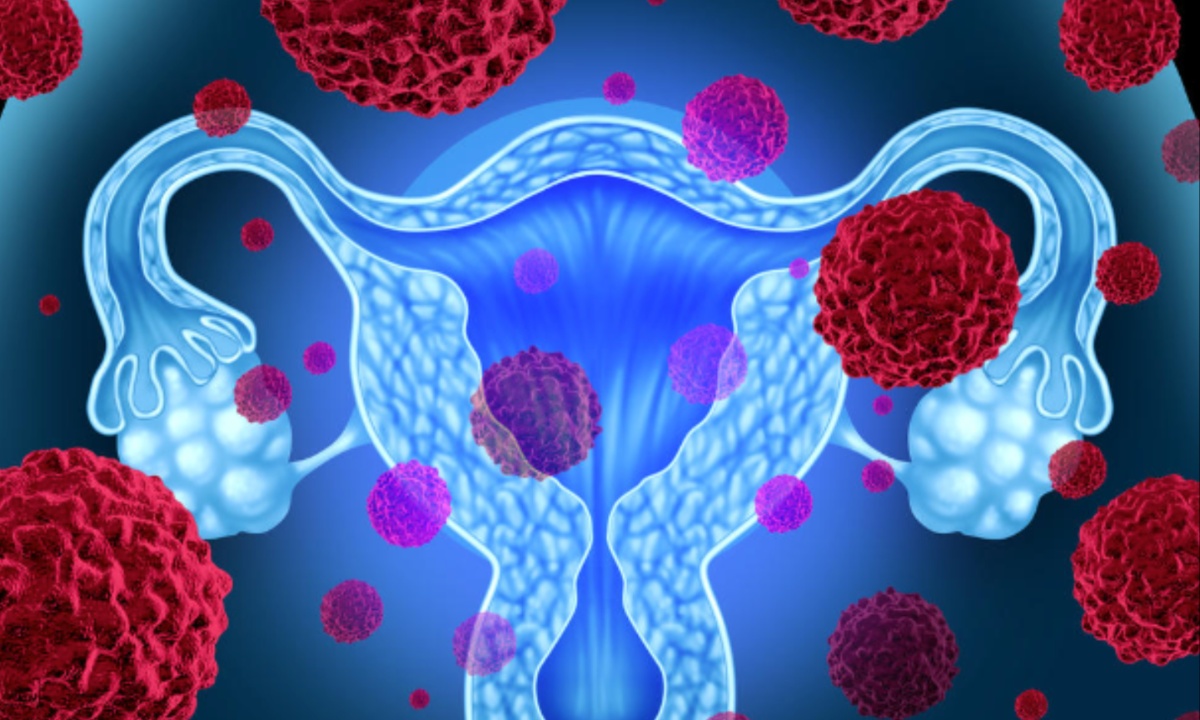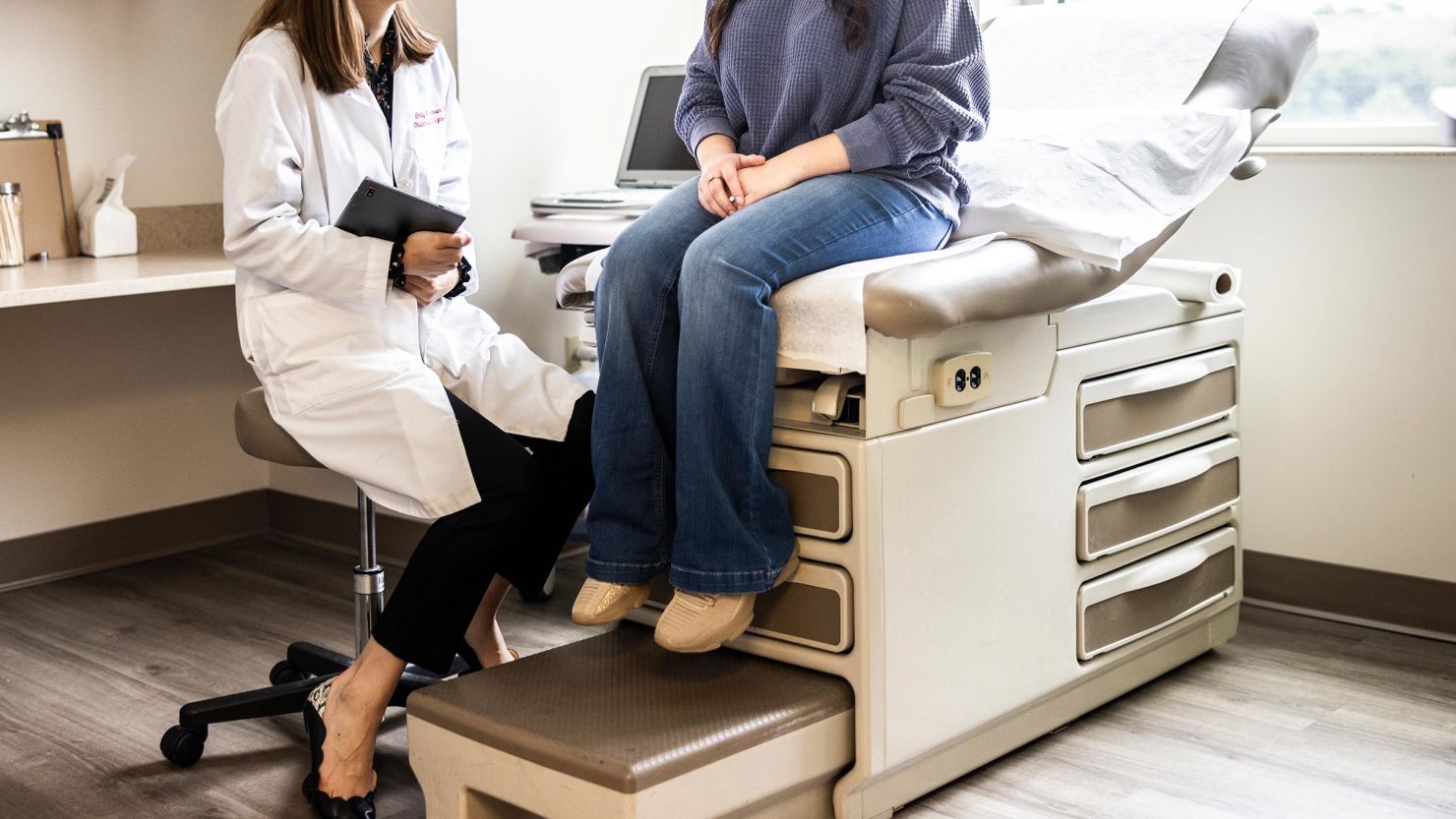The U.S. Preventive Services Task Force (USPSTF) is proposing updates to its recommendations for cervical cancer screening, particularly for women over the age of 30. The new recommendation suggests that HPV testing should replace pap smears as the primary method of screening. HPV testing is considered more effective at detecting high-risk strains of the virus linked to cervical cancer. Women would undergo HPV testing every five years, rather than the current practice of relying on pap smears.
Currently, pap smears, which involve examining cells from the cervix for signs of cancer or cell changes, are the standard method of cervical cancer detection. HPV testing has traditionally been considered a secondary prevention method. However, the USPSTF’s new draft highlights the greater effectiveness of HPV testing in women aged 30 to 65. For women in their 20s, the guideline recommends continuing with pap smears every three years, as HPV testing is less beneficial for this age group.

Scientific studies, including a 2021 study published by the National Institutes of Health, have shown that over 99% of cervical cancer cases are linked to persistent infection with high-risk HPV strains. The USPSTF believes that prioritizing HPV testing for women aged 30 to 65 strikes the best balance between the benefits and potential harms of cervical cancer screening. Dr. Esa Davis, a member of the USPSTF, emphasized that HPV testing should be the first option when available for this age group.
The new draft also introduces the possibility for women to collect their own samples for HPV testing, which may increase participation in screening by making it more convenient. If HPV testing is not accessible, the task force suggests that women can still opt for a pap smear or a co-test that includes both methods. While HPV testing is preferred, the task force acknowledges that other screening options remain effective and may still be appropriate in certain situations.
The American Cancer Society (ACS) supports the USPSTF’s shift toward HPV testing, as it detects high-risk HPV strains more effectively than pap smears, which cannot identify the virus. Dr. Robert Smith from the ACS stated that cervical cancer is one of the most preventable cancers and emphasized the importance of regular screening. The USPSTF’s draft guidelines will be open for public comment until January 13, offering an opportunity for feedback before the final recommendations are made. Cervical cancer remains a significant global health issue, with the World Health Organization estimating 660,000 diagnoses and 350,000 deaths worldwide in 2022.
